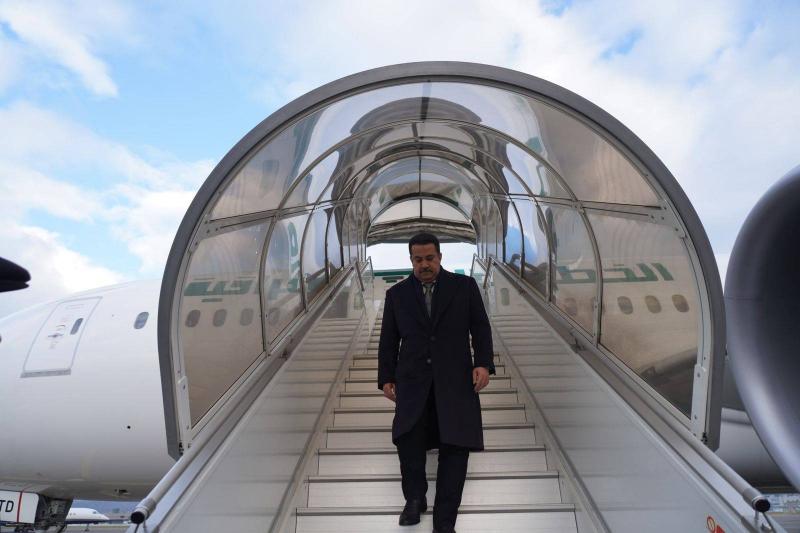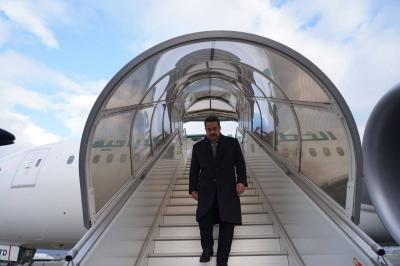Iraqi Prime Minister Muhammad Shia' al-Sudani is considered a leader of the "second line" within Shiite forces, often preferring silence on significant or controversial issues. His comments generally reflect a middle ground within a pragmatism he has followed for years, which the Iraqi street has noted and questioned. Al-Sudani's conciliatory policy towards different segments of the Iraqi population and their affiliations has also influenced his foreign policies, positioning him as a diplomat keen on protecting his country's rights while avoiding conflicts with others.
MP Mudar al-Karawi revealed al-Sudani's messages from his repeated foreign visits, which include both regional and major world powers that have been influential in Iraq. He stated that "the Prime Minister is trying to balance his foreign relations at both the regional and international levels in a region suffering from polarizations and crises that cannot be ignored, as they are impactful and effective domestically, causing Baghdad significant issues, especially in the security file for many years, which has hindered reconstruction and development projects that 40 million Iraqis have paid the price for."
He added that "the main themes of al-Sudani's messages during his foreign visits emphasize that Iraq seeks stability and balanced, open relations with all parties, aiming to leverage its capabilities and wealth to establish economic balances that positively reflect on the peoples of the region, rather than engaging in conflicts and disputes, especially given the local economy's complex situation, which continues to depend on oil revenues as a primary resource amidst fluctuating market dynamics."
He further pointed out that "70 percent of the issues discussed by al-Sudani during his external visits rely on direct economic pathways to attract companies and investments, and the pursuit of developing a strategy to benefit from the country's other resources, along with redefining a stronger economic concept to face financial challenges."
Al-Karawi continued: "Countries have become more understanding of Iraq's exceptional situation, and there is support for its developmental steps, which explains why many countries are interested in its projects, including the strategic development road."
This month alone, al-Sudani visited Washington, the capital of the world's strongest country, as well as Saudi Arabia, the largest country in the region, and also hosted the Turkish president, the leader of one of the largest countries in the Middle East with influence in Europe.




